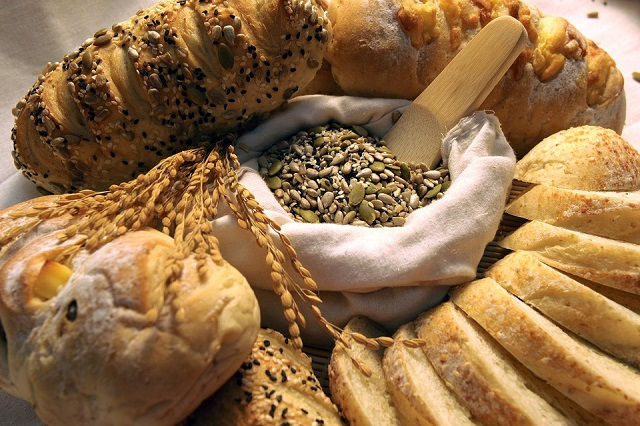Creatine: Is it good or bad?
- George Kefalas

- Mar 29, 2018
- 2 min read
Updated: Apr 5, 2018
Creatine is a molecule produced in the body. It stores high-energy phosphate groups in the form of phosphocreatine. Phosphocreatine releases energy to aid cellular function during stress. This effect causes increase in strength and endurance and can also benefit the brain, bones, muscles, and liver. Most of the benefits of creatine are a result of this mechanism.

Foods rich in creatine are mostly red meat (beef, pork) and white meat (chicken, fish). This is because creatine is stored in muscles and therefore meat and fish are the only natural sources worth considering.
Steak or beef contains about 5g of creatine per kilogram (uncooked)
Chicken contains 3.4g of creatine per kilogram (uncooked)
Salmon contains about 4.5g of creatine per pound (uncooked)
Creatine supplementation also confers a variety of health benefits and has neuroprotective and cardioprotective properties. It is often used by athletes to increase both power output and lean mass.
About two-thirds of users will gain about 0.8 to 2.9 percent of bodyweight after the first few days of supplementation. Some of this weight is due to water concentration in muscle cells which practically means that your muscles will look fuller and more toned. You will gain real muscle though, since you will have better workouts lifting more weights or performing more reps.
Bare in mind, that creatine supplementation is more suitable for performance driven purposes. You will experience muscle gains only if you train harder than before, which you will be able to do since you will have more energy due to increased creatine levels in your body.
Extensive research has shown that oral creatine supplementation at a rate of 5 to 20 grams per day appears to be very safe and largely devoid of adverse side-effects, while at the same time effectively improving the physiological response to resistance exercise, increasing the maximal force production of muscles in both men and women.
According to examine.com 0.03 grams/kg of bodyweight per day is enough amount of creatine for the body requirements. For example, if someone's body weight is 85kg, this equals to 2.55g of creatine. On average, creatine is produced endogenously at an estimated rate of about 1 gram per day in young adults. So, combined with a balanced meat diet, there is no further need to consider supplementation. Since it is safe though, you can always increase the amount of creatine intake and see how your body responds.
Will you lose muscle if you stop taking creatine?
In fact you will lose some of the fluid included in your muscle cells, which will inevitably lead to a certain reduction in muscle mass, but you won't lose any of the real muscle gains.
All things considered, if your diet lacks in creatine there is no reason why somebody shouldn’t supplement creatine, especially if you are vegan. It’s safe, it’s healthy, it’s cheap, and for most people it works! There are many different forms of creatine available on the market, but creatine monohydrate is the cheapest and most effective. Bare in mind, there is no need to cycle off, you can use it in everyday basis without any problem.
If you seek to supplement your creatine intake, i highly recommend Creapure for powder or creatine monohydrate for tablets.
Sources:
https://en.wikipedia.org/wiki/Creatine
https://examine.com/supplements/creatine/
https://www.youtube.com/watch?v=_H9TQkKvqV4







Comments